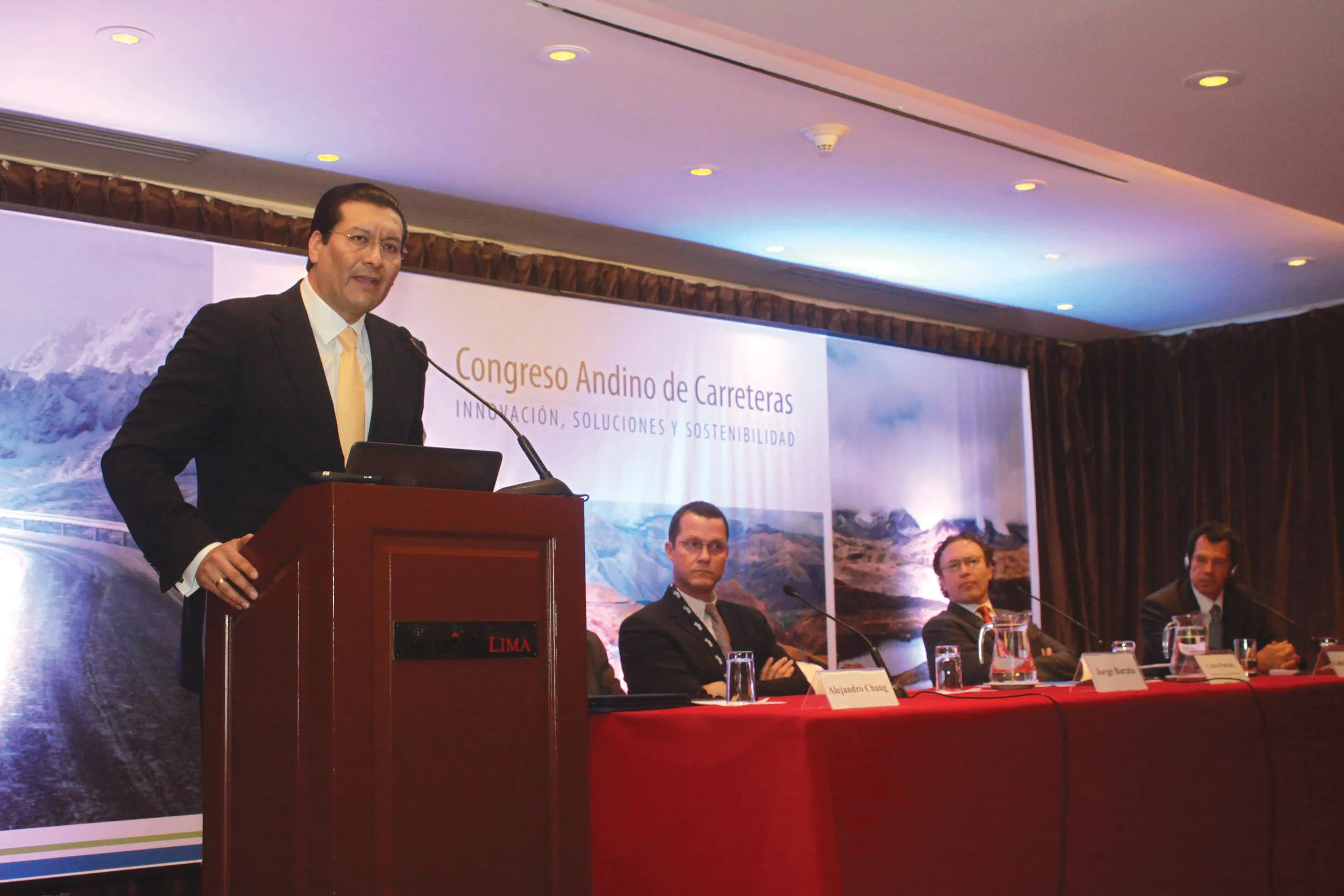The International Road Federation has a new spearhead for its global road safety programme. Michael Dreznes will serve as the Federation's (IRF) executive vice president with worldwide leadership on training, policy and capacity-building activities.
March 2, 2012
Read time: 2 mins
The 713 International Road Federation has a new spearhead for its global road safety programme. Michael Dreznes will serve as the Federation’s (IRF) executive vice president with worldwide leadership on training, policy and capacity-building activities.
"Mike has spent the last twenty-six years working to make roads safer around the world," said Patrick Sankey, president and chief executive of IRF in Washington DC, the United States, where Dreznes will be based. "He is recognised as one of the world's leading experts on roadside safety, pioneering the concept of Forgiving Highways, and we are thrilled to have him lead the road safety initiatives of IRF."
Sankey said one of Dreznes’s key areas of responsibility will be to work with road authorities around the world to use IRF's Safer Roads by Design executive road safety training.
Speaking about his new role Dreznes said: "IRF is where I can truly make a difference. Too many countries around the world are using obsolete roadside safety measures and technologies that should have been replaced twenty years ago.
"I will collaborate with road authorities, concessionaires, design consulting engineers, academia and other safety stakeholders to encourage the replacement of outdated technology and to introduce state-of-the-art practices in countries around the world, thereby assisting governments with their commitment to the3262 United Nations Decade of Action to reduce fatalities by 50% by 2020," Dreznes said.
The co-chairman of the2774 Transportation Research Board Roadside Safety Design Subcommittee on International Research Activities, Dreznes is also a member of the TRB AFB20 Committee on Roadside Safety Design.
Founded in 1948, the IRF is a non-governmental, not-for-profit organization with members from both the public and private sectors in 90 countries worldwide.
"Mike has spent the last twenty-six years working to make roads safer around the world," said Patrick Sankey, president and chief executive of IRF in Washington DC, the United States, where Dreznes will be based. "He is recognised as one of the world's leading experts on roadside safety, pioneering the concept of Forgiving Highways, and we are thrilled to have him lead the road safety initiatives of IRF."
Sankey said one of Dreznes’s key areas of responsibility will be to work with road authorities around the world to use IRF's Safer Roads by Design executive road safety training.
Speaking about his new role Dreznes said: "IRF is where I can truly make a difference. Too many countries around the world are using obsolete roadside safety measures and technologies that should have been replaced twenty years ago.
"I will collaborate with road authorities, concessionaires, design consulting engineers, academia and other safety stakeholders to encourage the replacement of outdated technology and to introduce state-of-the-art practices in countries around the world, thereby assisting governments with their commitment to the
The co-chairman of the
Founded in 1948, the IRF is a non-governmental, not-for-profit organization with members from both the public and private sectors in 90 countries worldwide.









